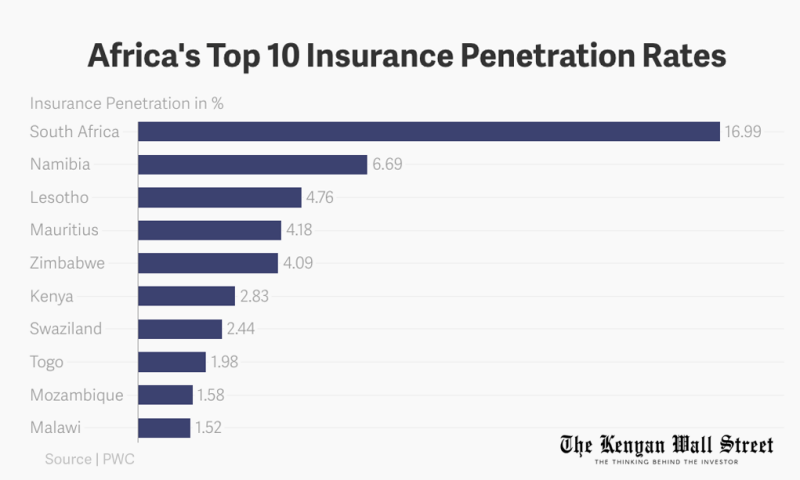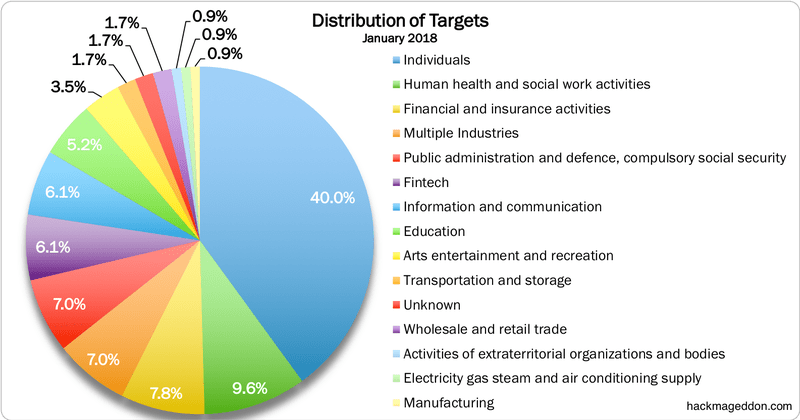Central Bank Of Egypt Allows Banks To Invest Up To 25% Of Credit Facilities In Startup Funds
Startup funds in Egypt are the greatest beneficiary of Central Bank of Egypt’s latest policy which now allows Egyptian commercial banks to commit up to 25% of all credit facilities directed towards small and medium scale businesses in the country into funds targeting startups. According to the central bank, investments made by banks in the funds could reach as high as 70% of the total fund size of each fund in the first year of the investment; 50% in the second year of the investment; and 30% for the third of the investment.

However, the central bank says all banks investing in the startup’s fund must be allowed to exit from the fourth year. To that effect, it mandates that each of the fund’s bye-laws must include the possibility of the fund allowing the bank to exit starting from the fourth year of the start of the fund’s business. For non-profits, a period of three consecutive years is given for such exit.
Read also:Suez Canal Bank Selects Temenos to Transform Digital Banking in Egypt
For a bank to be able to participate in the scheme, it must obtain the necessary license from the General Authority for Financial Control, responsible for regulating securities and investments in the North African country. A participating bank must also make sure that the total value of its investments into the funds does not exceed 10% of the bank’s principal capital. It must also make sure that its shareholding in the fund does not exceed 50% of the fund or company’s capitalization, unless the fund is part of the bank’s group of companies.
Finally, the central bank has now allowed banks to increase their risk exposure level on the credit facilities given to the startup funds from the previous 0% to a new 20%.

Read also: South African Fintech Firm Adumo Secures $15m From The IFC
The Implications Of The New Policy
The policy is well-timed. The startup ecosystem in Egypt has been booming and has large presence of local funds — Egypt Ventures, Algebra Ventures, etc. — who will, most likely, be the greatest beneficiaries of the fund. The policy will even increase the spate of this funding.
The new policy will, also, now allow banks to float investment funds targeting startups as part of their subsidiaries.
Charles Rapulu Udoh

Charles Rapulu Udoh is a Lagos-based lawyer who has advised startups across Africa on issues such as startup funding (Venture Capital, Debt financing, private equity, angel investing etc), taxation, strategies, etc. He also has special focus on the protection of business or brands’ intellectual property rights ( such as trademark, patent or design) across Africa and other foreign jurisdictions.
He is well versed on issues of ESG (sustainability), media and entertainment law, corporate finance and governance.
He is also an award-winning writer



























